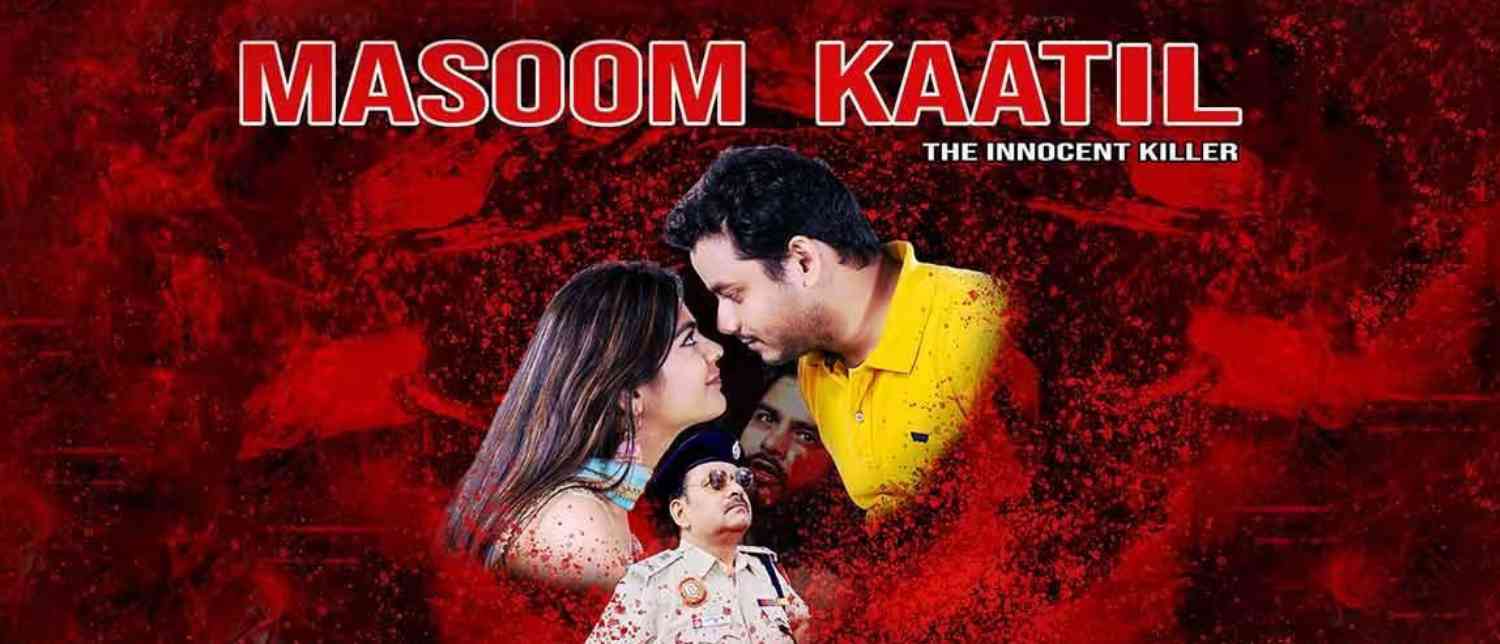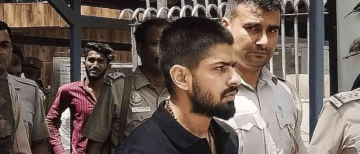The Delhi High Court recently delivered a significant ruling on the film "Masoom Kaatil," reinforcing that films which ridicule religions, incite hatred, or threaten social harmony cannot be certified for public viewing in a diverse and secular society like India. The court upheld the decision of the Central Board of Film Certification (CBFC) to refuse certification to this Hindi film, emphasizing the need to maintain social peace and respect among different communities.
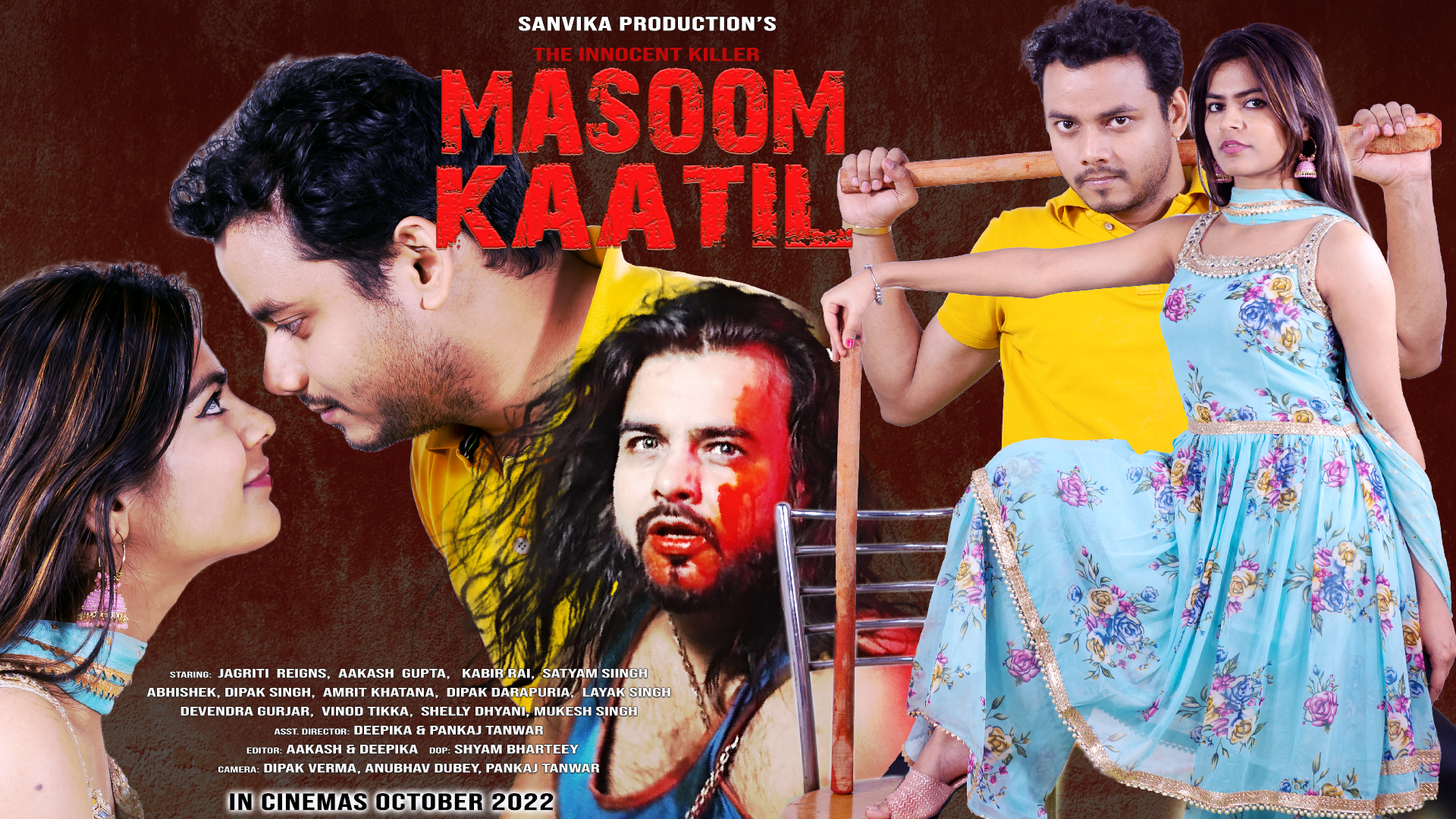
The film "Masoom Kaatil" tells the story of a youngster deeply affected by animal cruelty, who invents a lethal chemical to attack butchers and poultry farm operators. However, the court found the film to contain excessive violence, including graphic scenes of killing, human cannibalism, and disturbing depictions involving teenagers engaging in violent vigilante acts. Justice Manmeet Pritam Singh Arora noted that the film promotes taking the law into one's own hands, which threatens the legal system's authority and encourages lawlessness. The court expressed concern about the impact such portrayals could have on young viewers and society at large, stating this glorification of violence could brutalize minds and normalize antisocial behavior.
The Delhi High Court pointed out that the movie violates several rules from the 1991 film certification guidelines. These rules explicitly prohibit films that promote communal disharmony, offend religious sentiments, or corrupt the morals of children and susceptible audiences. "Masoom Kaatil" was found to include insulting references to religious communities, caste-based and communal remarks, and derogatory statements that could encourage animosity among different groups. Such content, the court declared, is incompatible with the principles of a secular and pluralistic society.
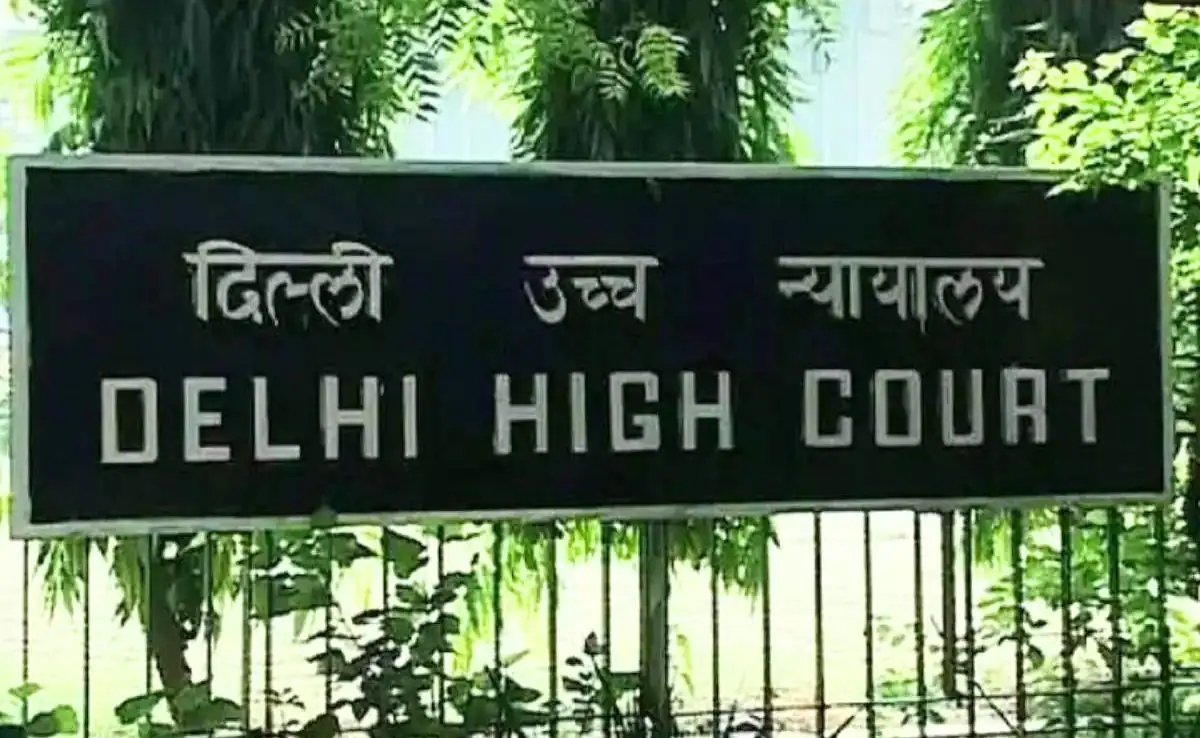
This ruling highlights a crucial balance filmmakers must maintain between freedom of expression and social responsibility. While creative freedom is vital for artistic endeavors and raising awareness about social issues, it must not come at the cost of undermining social harmony or spreading hatred. The court’s decision serves as a reminder that in a country as diverse as India, films have a powerful influence on public mindset. Thus, film content needs to be carefully scrutinized to ensure it promotes positive social values rather than division or violence.
The case also raises important questions about the role of censorship and certification bodies like the CBFC. Their job is to filter content that could negatively impact public order, especially when involving sensitive topics such as religion and community relations. The rejection of "Masoom Kaatil" shows the judiciary’s support for these guidelines and the underlying aim of maintaining societal peace.
From a broader perspective, this verdict invites reflection on how filmmakers and artists approach storytelling in India’s complex social landscape. While highlighting real-world issues such as cruelty to animals or vigilantism can spark needed debates, portraying such issues in a way that respects cultural and religious diversity is equally important. The judgment underscores that films should avoid fostering hatred or disrespect, even unintentionally, particularly in a society where communal tensions still exist.
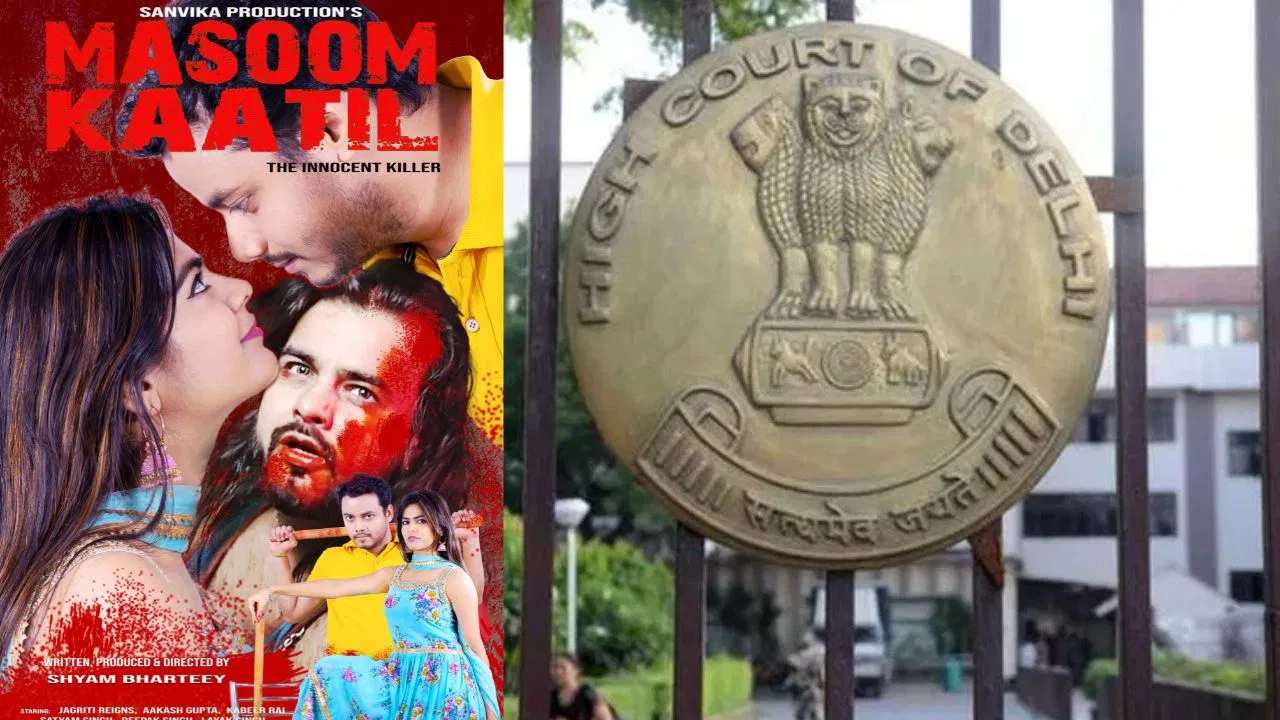
To sum up, the Delhi High Court’s decision in the Masoom Kaatil case asserts that films that ridicule religion or threaten social harmony should not receive public exhibition certification in India’s secular democracy. It places emphasis on protecting social peace, upholding respect for all communities, and ensuring that media content does not promote violence or hatred. This ruling serves as a guiding principle for filmmakers, certification authorities, and audiences alike about the responsibilities that come with creative expression in a pluralistic society.
With inputs from agencies
Image Source: Multiple agencies
© Copyright 2025. All Rights Reserved. Powered by Vygr Media.

